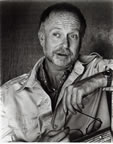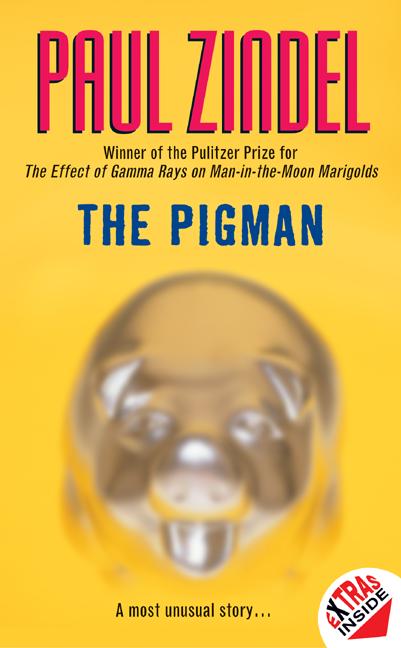|
|
My Biography I grew up on Staten Island with my mother and sister. When I was young, my father left the family, and I saw him about every other Christmas. My mother struggled to get money from him, and tried to keep us together, moving from apartment to apartment and coming up with "get-rich-quick" schemes. But because we moved around so much, each town offered a lush new backdrop for my imagination. By the time I was ten I had gone nowhere, but had seen the world. I dared to speak and act my true feelings only in fantasy and secret. That's probably what made me a writer. In high school, I wrote my first play. Some of my classmates got the impression I had a strange sense of humor — macabre, I believe, was the term they used. A group of student government officers asked me to create a hilarious sketch for an assembly to help raise money. I decided that even if I could not succeed in the real world, perhaps my appointed role in life was to help other people succeed. I went to Wagner College on Staten Island and majored in chemistry. But I found a mentor, playwright Edward Albee, who taught my creative writing course. He was one of my primary inspirations in writing plays. I felt very grateful because he took the time to help me. During my last year in college, I wrote my second original play. After college, I worked for Allied Chemical as a technical writer. After six dreadful months of that, I left and decided to teach high school chemistry and physics. During my ten years of teaching, I continued to write plays. My first staged play was The Effect of Gamma Rays on Man-in-the-Moon Marigolds. It is the kind of story that just sort of pops right out of you, because you've lived it. Charlotte Zolotow, editor for Harper & Row, saw the TV production of Marigolds and tracked me down. She got me to write my first novel, The Pigman. She brought me into an area that I never explored before my own confused, funny, aching teenage days. In 1969 I quit teaching altogether. I felt I could do more for teenagers by writing for them. I started reading some young adult books, and what I saw in most of them had no connection to the teenagers I knew. I thought I knew what kids would want in a book, so I made a list and followed it. I try to show teens they aren't alone. I believe I must convince my readers that I am on their side; I know it's a continuous battle to get through the years between twelve and twenty — an abrasive time. And so I write always from their own point of view. I like storytelling. We all have an active thing that we do that gives us self-esteem, that makes us proud; it's necessary. I have to tell stories because that's the way the wiring went in. |
|



